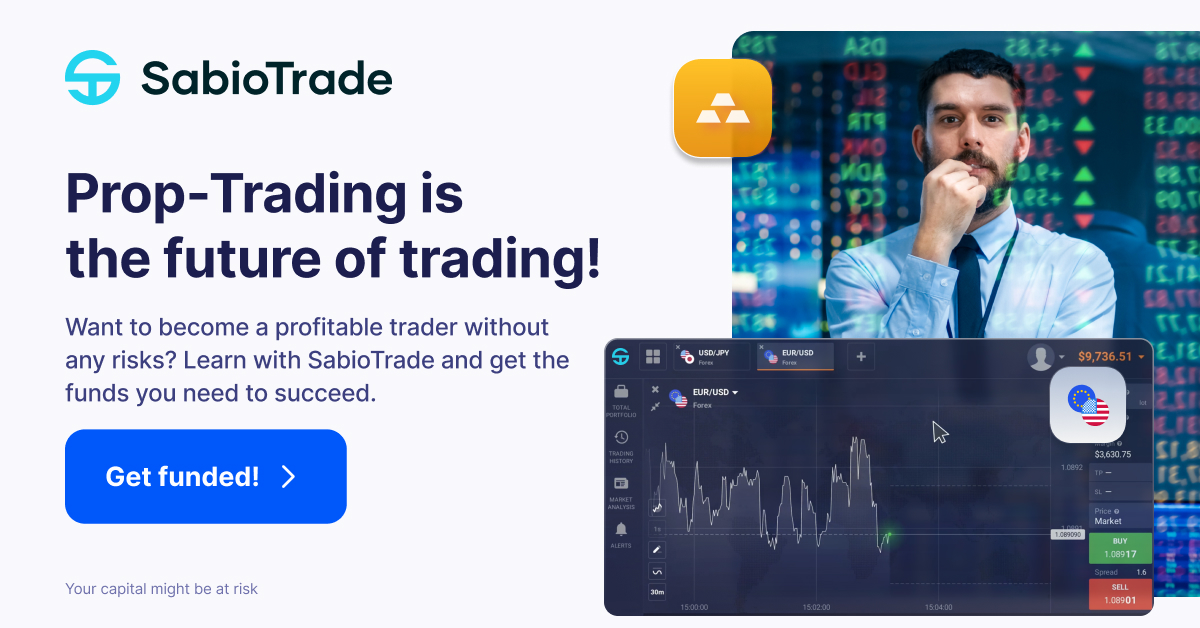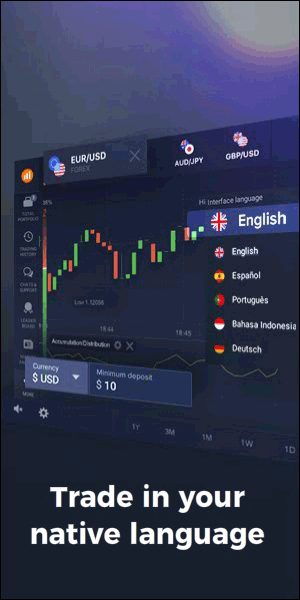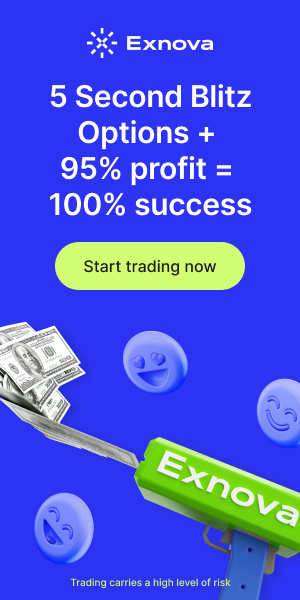Several brokers offer zero-commission trading on stocks. It’s important to note that while they may not charge a commission for stock trades, there might be other fees associated with trading or maintaining an account.
What is trading 0% commission on stocks.
Trading with 0% commission on stocks refers to the practice of buying and selling shares of publicly traded companies without incurring any brokerage fees or commissions. This has become more prevalent in recent years as several online brokerage platforms and trading apps have emerged, offering commission-free trading as a way to attract new customers and democratize investing.
The primary benefit of 0% commission trading is that it lowers the barriers to entry for individual investors, enabling them to participate in the stock market without incurring significant costs. This is especially beneficial for smaller investors who may not have the resources to absorb high fees or commissions.
It’s essential to keep in mind that while trading stocks without commission may be appealing, it’s still important to research and choose a reliable and trustworthy brokerage platform. Some platforms may make up for the lack of commission fees by charging other fees or offering fewer services. Always read the terms and conditions, as well as any other potential costs, such as account maintenance fees, withdrawal fees, or inactivity fees, before deciding on a brokerage platform for commission-free trading.
Here are some popular brokers that offer 0% commission on stock trading:
- Robinhood (www.robinhood.com) – Robinhood is a user-friendly platform that offers commission-free trading of stocks, ETFs, options, and cryptocurrencies.
- Webull (www.webull.com) – Webull is a trading platform that provides commission-free trading of stocks, ETFs, and options, along with advanced research tools and analytics.
- Fidelity (www.fidelity.com) – Fidelity is a well-established brokerage firm offering zero-commission trading on U.S. stocks, ETFs, and options.
- Charles Schwab (www.schwab.com) – Charles Schwab is a large brokerage firm that provides commission-free trading on U.S. stocks, ETFs, and options.
- ETRADE (www.etrade.com) – ETRADE offers commission-free trading on U.S. stocks, ETFs, and options, along with a range of investment products and research tools.
- TD Ameritrade (www.tdameritrade.com) – TD Ameritrade provides commission-free trading on U.S. stocks, ETFs, and options. Note that TD Ameritrade has been acquired by Charles Schwab, with the merger expected to be completed in the coming years.
- TradeStation (www.tradestation.com) – TradeStation offers commission-free trading on stocks, ETFs, and options, along with advanced trading tools and analytics.
- SoFi Invest (www.sofi.com/invest) – SoFi Invest is a financial platform that offers commission-free trading on stocks and ETFs, along with access to cryptocurrencies.
- XTB (www.xtb.com) is another brokerage firm that offers commission-free trading on select stocks. XTB is a global online trading platform known for its wide range of trading instruments, including forex, commodities, indices, cryptocurrencies, and CFDs on stocks. They offer a user-friendly platform called xStation 5, along with advanced research tools and analytics.

Remember to thoroughly research each broker and consider factors like additional fees, platform features, and investment options before making a decision. Regulations and availability may differ depending on your location.
How Robinhood broker is making money with 0% commission on stocks trading?
Robinhood, a popular online brokerage platform that offers commission-free trading, makes money through several alternative revenue streams, despite not charging commissions on trades. Here are the main ways Robinhood generates income:
- Payment for Order Flow (PFOF): When users place trades on Robinhood, the platform directs those orders to market makers (large financial institutions) that execute the trades. Market makers pay Robinhood a small fee for directing the orders to them. This practice is known as Payment for Order Flow and is a common revenue source for many commission-free brokerages.
- Margin trading: Robinhood offers a premium service called Robinhood Gold, which provides users with access to margin trading, extended trading hours, and additional market research. Margin trading allows users to borrow money from Robinhood to invest, and the platform charges interest on the borrowed amount.
- Cash management: Robinhood provides cash management services, including a high-yield savings account and a debit card. Robinhood earns interest on uninvested cash held in users’ accounts by sweeping it into partner banks’ accounts.
- Revenues from other financial products: Robinhood offers various other financial products, such as options trading and cryptocurrency trading. They may earn income from fees and spreads related to these services.
- Lending securities: Robinhood can lend out securities held in users’ accounts to other financial institutions (such as hedge funds), which use them for short selling. In return, Robinhood receives interest payments from the borrowing institutions.
While Robinhood offers commission-free trading, it’s essential to be aware of the platform’s revenue streams and consider any potential conflicts of interest when using their services.







